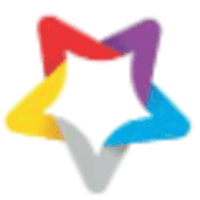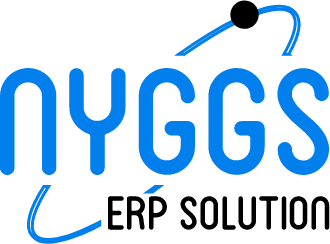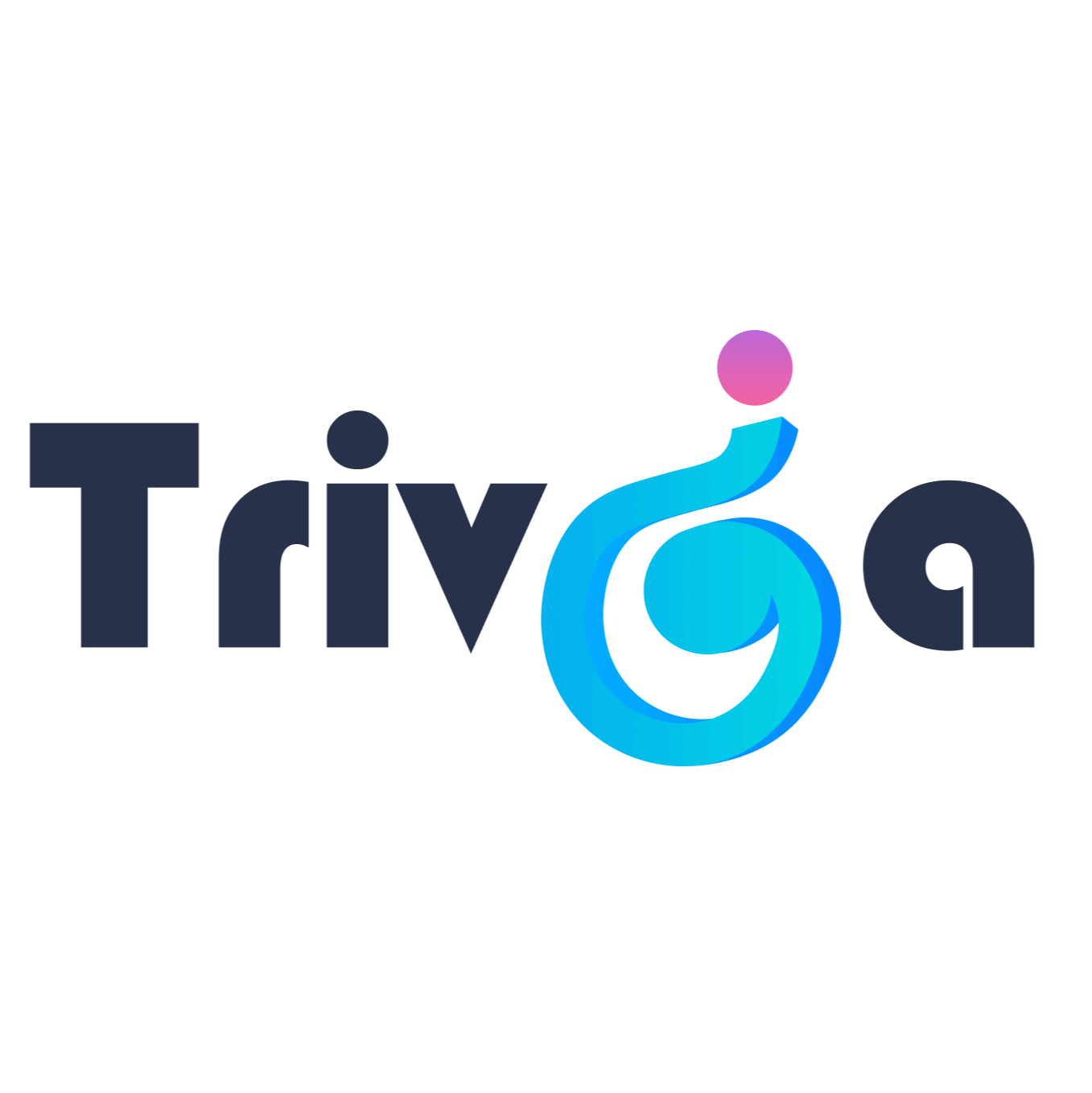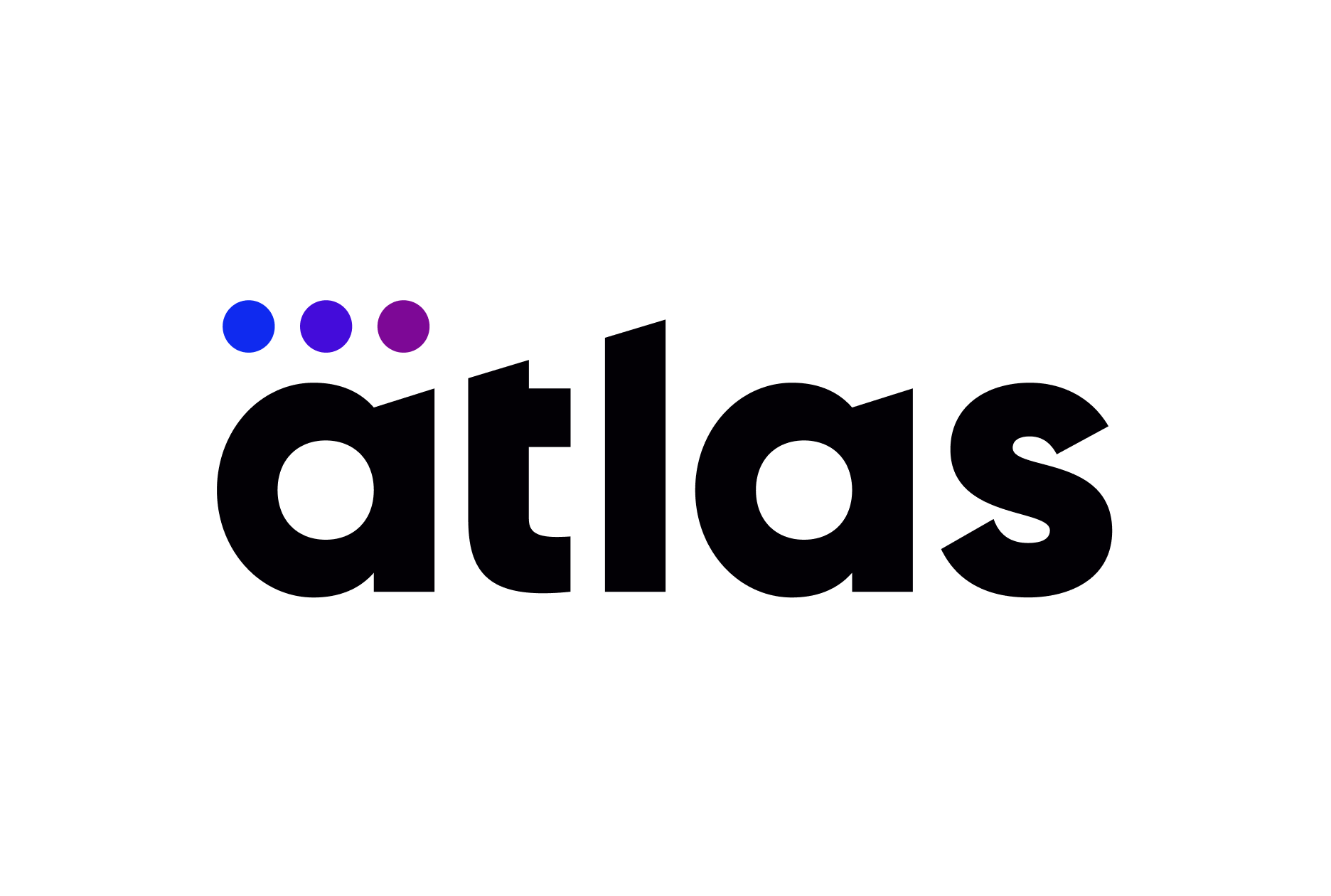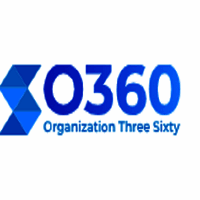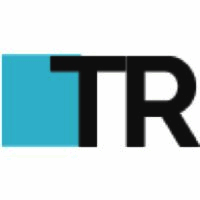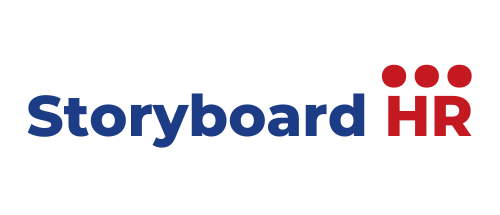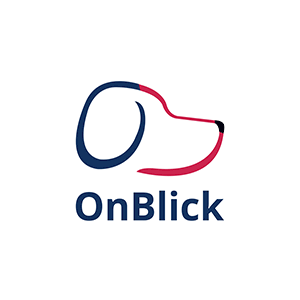Yes, HR compliance software may be accessible from various devices and platforms. This implies that employees can access and utilize the program from any device, such as a computer, tablet, or smartphone, and on any operating system, including Windows, iOS, and Android. This provides flexibility and convenience for both HR professionals and employees, making it easier to comply with standards and handle HR operations while on the road.
List of 20 Best HR Compliance Software
ComplianceHR is a HR compliance software designed to simplify the complexities of employment law. Its features include customizable employee handbooks, efficient onboarding processes and automated compliance checks for federal and state regulations...Read More ComplianceHR
Aparajitha is a compliance software in India that offers top-of-the-line solutions for fulfilling Labour, Employee, Industrial, and Environmental regulatory obligations. Its cutting-edge tools facilitate efficient and organized automation and adminis...Read More Aparajitha
NYGGS HRMS solution for maximizing employee efficiency and meeting organizational objectives. Equipped with an array of comprehensive features, NYGGS HRMS simplifies all HR processes, providing a convenient and seamless experience. Automate and digit...Read More NYGGS HRMS
OnePoint is a human capital management solution. Streamline your HR processes, simplify benefits management, and effortlessly handle payroll and scheduling - all on one intuitive platform. Boost productivity, ensure compliance, and receive unparallel...Read More OnePoint
Arcoro is the modular HR software designed specifically for field-based teams. Our cloud-based platform streamlines hiring, compliance management, and employee development. With seamless integration and advanced analytics, Arcoro transforms your huma...Read More Arcoro
Trivia solution to inject social and fun elements into your remote workspace. Our diverse selection of quizzes, covering over 30 categories, can now be easily accessed on Slack and Microsoft Teams. Take team bonding to the next level with thrilling g...Read More Trivia
Craze Core HR is a software that simplifies and automates all HR processes, from recruitment to exit. With its user-friendly interface and advanced features, such as employee self-service, secure data and document management, and customizable permiss...Read More Craze Core HR
Atlas HXM is a direct Employer of Record solution in the industry. Our cutting-edge HXM technology simplifies the hiring, onboarding, and management of talent across 160+ countries worldwide. With Atlas HXM, you can optimize your global workforce and...Read More Atlas HXM
OnGrid is the top-performing background verification platform in India. Our proven track record of over 100 million verifications and trusted by 3000 clients makes us the go-to solution for reliable and efficient background checks. With our platform,...Read More OnGrid
Speridian O360 - a, user-friendly enterprise management software. It offers a solution-based approach, encompassing critical HR and Project Management tasks. With its intuitive design, it provides a complete 360-degree view of your business operation...Read More Speridian O360
TechnoRishi HRMS is a HR analytics solution. Our advanced module empowers organizations to analyze the effects of personnel policies on their overall performance. Stay up-to-date with comprehensive and timely insights on a variety of metrics for effi...Read More TechnoRishi HRMS
PeopleDoc is a Onboarding solution designed to modernize traditional paper-based and lengthy onboarding procedures. Featuring state-of-the-art tools for document, task, and form management, along with HR helpdesk assistance, this platform offers a st...Read More PeopleDoc
Ascentis is a cloud-based solution that eliminates the hassle of manual tax and regulation updates. Its advanced automation simplifies and optimizes essential business operations, saving valuable time and resources. With its user-friendly interface,...Read More Ascentis
Storyboard HR/Payroll - the top choice ERP solution for all businesses! With a remarkable history of over 150 successful implementations, our software provides a comprehensive management system for your business network. Simplify your attendance, bio...Read More Storyboard HR/Payroll
Workex is a solution for HR, payroll, and compliance management. Developed by StaffPe, Workex streamlines workforce management by eliminating manual record-keeping and the need for multiple vendors. Keep track of employee information and ensure compl...Read More Workex
IncuseHR, the complete HR management solution that integrates human and artificial intelligence for efficient payroll and employee data management. From recruitment to retirement, this versatile software elevates your HR processes to new heights. Exp...Read More Incusehr
SpringVerify is a background verification solution that combines cutting-edge technology with efficient processes to streamline document gathering and candidate correspondence. Our platform delivers quick and accurate results, eliminating the need fo...Read More SpringVerify
GoCois a HR software that takes care of all your HR, benefits, and payroll requirements effortlessly. Built on the secure Heroku platform, our cloud-based solution offers utmost protection against potential risks. Designed specifically for small busi...Read More GoCo
OnBlick – solution for all your HR and immigration compliance needs. With our robust platform, say goodbye to tedious procedures and hello to efficient management. From onboarding employees to organizing documents and preparing for audits, our...Read More OnBlick
HR 360 is a payroll management solution. With its customizable features, automatic processing, and affordable cost, HR 360 simplifies tasks like bonus and incentive calculations, wage tracking, attendance and absence management, and tax processing. S...Read More HR 360
Learn More About HR Compliance Software
- What Is HR Compliance Software?
- What Are The Recent Trends In HR Compliance Software?
- Benefits Of Using HR Compliance Software
- Important Factors To Consider While Purchasing HR Compliance Software?
- What Are The Key Features To Look For In HR Compliance Software?
- Why Do Businesses Need HR Compliance Software?
- How Much Time Is Required To Implement HR Compliance Software?
- What Is The Level Of Customization Available In HR Compliance Software?
- Which Industries Can Benefit The Most From HR Compliance Software?
- Conclusion
What Is HR Compliance Software?
HR Compliance Software is a comprehensive digital solution that enables firms to streamline and manage their human resource compliance operations. It includes a variety of tools and features that help a business comply with numerous laws, rules, and policies governing employment, labor, and workplace safety.
At its core, HR Compliance Software serves as a unified hub for all compliance-related duties, offering a user-friendly platform for recording, monitoring, and reporting on various compliance obligations. This program provides a one-stop shop for all HR compliance needs, including managing employee records, tracking training and certifications, performing compliance audits, and providing relevant reports.
One of the primary advantages of HR Compliance Software is its ability to automate many of the manual operations associated with compliance management, including data entry, recordkeeping, and document organization. This saves time and effort while also lowering the chance of errors or noncompliance. Furthermore, HR Compliance Software can proactively inform organizations to approaching compliance deadlines, regulatory changes, or potential compliance issues, allowing firms to take appropriate action to avoid penalties or legal ramifications.
This not only provides the organization with peace of mind, but also aids in the maintenance of a positive reputation and the development of trust among employees and stakeholders. When choosing HR Compliance Software, look for features like configurable compliance checklists and workflows, data security measures, and interaction with other HR systems.
It is also recommended to select a solution that is routinely updated to reflect changing rules and provides dependable help for any questions or problems. Investing in HR Compliance Software can save firms time, money, and legal fees by streamlining and automating compliance procedures. Finally, it assists firms in ensuring that all relevant compliance needs are met while also providing a safe and equitable workplace for their employees.
What Are The Recent Trends In HR Compliance Software?
In recent years, there has been an increasing emphasis on HR compliance and the need of organizations adhering to employee-related regulations and legislation. As compliance standards get more complicated, HR departments are looking to digital solutions to keep organized and compliant. This has led to an increase in the use of HR compliance software, which today includes a variety of features and capabilities to meet the changing needs of enterprises.
The trend in HR compliance software is towards automation and digitization. Manual techniques for tracking compliance can be time-consuming and error-prone. Tracking personnel data, maintaining certifications and licenses, and conducting audits can all be automated using software, saving HR professionals time and lowering the risk of noncompliance.
Another trend is the consolidation of many HR compliance responsibilities on a single platform. Many software companies provide full solutions that include everything from onboarding and employee records management to policy administration and reporting. This not only streamlines procedures, but also enables improved data tracking and analysis for compliance needs.
In addition, there has been a shift toward cloud-based solutions that provide flexibility and accessibility to enterprises of all sizes. Cloud-based software enables HR professionals to access compliance data from anywhere, making it easier to remain on top of compliance obligations even in multi-location businesses. HR compliance software now includes powerful analytics and reporting capabilities, providing real-time visibility into an organization's compliance status and potential hazards.
This enables businesses to address compliance issues proactively, before they escalate into greater ones. Finally, a major trend in HR compliance software is the emphasis on user-friendly interfaces and mobile accessibility. With more employees working remotely or on the go, it is critical that compliance data be available via mobile devices. This, combined with an accessible design, helps HR professionals and employees understand compliance activities and remain on top of regulations.
Benefits Of Using HR Compliance Software
HR compliance software is a strong instrument that may give several benefits to firms of any size. In today's ever-changing workforce market, organizations must maintain compliance with labor laws and regulations to avoid costly penalties and legal concerns. This is where HR compliance software comes in: it enables firms to streamline their compliance operations, stay current with evolving rules, and reduce the risk of noncompliance.
One of the key advantages of adopting HR compliance software is that it automates a variety of compliance-related processes, including recording employee information, handling time-off requests, and creating reports. This not only saves HR professionals time, but also allows them to minimize human errors that can lead to noncompliance. With an organized system in place, HR compliance software enables businesses to keep correct records while also ensuring that all legal obligations are met.
Another benefit of adopting HR compliance software is that it keeps organizations informed of any upgrades or changes to laws and regulations. This is especially useful for businesses that operate in numerous areas with varying compliance standards. HR compliance software provides regular updates and notifications to ensure that businesses are always aware of any adjustments they need to make to remain compliant.
It also helps them assess their compliance status and find opportunities for improvement. HR compliance software not only automates processes and provides timely information, but it also includes elements that promote a compliance culture within the organization. Employees with access to compliance-related tools and training materials can keep aware and educated on laws and regulations, decreasing the likelihood of noncompliance.
The program also measures and monitors compliance-related activities, ensuring that the company's HR team is accountable and on top of their compliance efforts. HR compliance software can also offer firms valuable information and statistics. Businesses can spot patterns and trends in compliance-related data, allowing them to make more educated decisions. This is especially useful during audits or investigations because organizations can quickly retrieve and present necessary information in an organized manner.
Important Factors To Consider While Purchasing HR Compliance Software?
When it comes to choosing HR compliance software, there are numerous key elements to consider to ensure that you are making the right option for your firm.
Here are some crucial aspects to consider while analyzing your options:
1. Compliance Requirements: The first thing to evaluate are the precise compliance standards and legislation that your firm must follow. Check that the software you're considering can handle all of the relevant compliance activities and has capabilities specific to your business and location.
2. Features And Functionality: Next, assess the software's features and determine whether they are appropriate for your organization's demands. Document management, personnel record tracking, automated notifications, and reporting capabilities are some of the most significant elements to consider.
3. Usability: Both HR professionals and employees must be able to utilize the program with ease. Consider the user interface, navigation, and general user experience to ensure that everyone in your organization can effectively use the product.
4. Integration With Existing Systems: If you currently have existing HR or management systems in place, ensure that the new compliance software integrates easily with them. This prevents data silos and streamlines your processes. 5. Security Measures: With sensitive employee information saved in the software, security is a primary priority. Look for software that includes strong security features like data encryption and regular backups.
6. Scalability: As your firm expands, so will your HR compliance requirements. Choose software that is adaptable and can accommodate future growth and modifications.
7. Customer Help: It is critical to have dependable customer help from the software vendor in the event that any problems or inquiries emerge. Check reviews and request references to confirm that the customer service given is satisfactory.
8. Cost: While you want to invest in software that fits all of your needs, you should also examine the cost. Compare multiple solutions and assess the return on investment to find the greatest value for your firm. By carefully examining these elements, you may select HR compliance software that not only satisfies your organization's requirements, but also adds value and streamlines compliance operations. Before making a selection, conduct thorough study and comparisons of numerous options.
What Are The Key Features To Look For In HR Compliance Software?
When choosing the best HR compliance software for your organization, there are a few crucial elements to consider. These qualities will ensure that the software you choose is both efficient and compliant.
Here are some of the most important aspects to look for in HR compliance software:
1. Integration With HRIS Systems: One of the most significant characteristics of your HR compliance software is the ability to effortlessly interact with your current HRIS system. This will enable for a more seamless and efficient flow of data between the two systems, minimizing the need for human data entry and lowering the possibility of errors.
2. Compliance Tracking And Reporting: Compliance is a continuous activity, and your HR compliance software should have capabilities for tracking and monitoring compliance issues within your firm. It should also be able to generate compliance reports that can be quickly distributed to appropriate parties.
3. Document Management: Because compliance often requires a large amount of documentation, including a document management tool in your HR compliance software is critical. This feature should allow you to save, organize, and track all compliance-related papers in a one area.
4. Compliance Alerts And Notifications: Keeping track of compliance requirements and deadlines can be difficult, particularly for larger firms. Look for HR compliance software that can deliver warnings and notifications about forthcoming compliance activities and deadlines, ensuring that your firm stays in good standing.
5. Configurable Workflows: Each firm has unique compliance requirements, and your HR compliance software should support configurable workflows to meet those requirements. This ensures that the software integrates seamlessly with your existing compliance processes.
6. Employee Training And Certifications: Compliance is more than just meeting requirements; it is also about ensuring that your staff understand compliance and its value. Look for HR compliance software that includes training and certification capabilities to help employees stay up to date on compliance needs.
7. Data Security And Confidentiality: Compliance involves sensitive data, so make sure your HR compliance software has adequate data security and confidentiality safeguards in place. You will have piece of mind knowing that your compliance data is safe from external dangers.
Why Do Businesses Need HR Compliance Software?
Businesses use HR compliance software to guarantee that they are adhering to all legal laws and rules for managing their staff. This software not only helps organizations stay compliant, but it also streamlines their HR operations, lowering the risk of noncompliance penalties. First and foremost, HR compliance software enables firms to keep up with continuously changing laws and regulations.
The software is continually updated with the most recent compliance regulations, ensuring that firms remain in compliance and avoid costly penalties. Furthermore, HR compliance software enables organizations to keep personnel records correct and up to date. This is critical for compliance because laws and regulations frequently demand certain documents and data to be maintained on file.
Businesses can use the program to store and access this information in a secure and orderly manner. HR compliance software also assists firms in employee training and development. This is critical for compliance since employees must be aware of their rights and obligations in the workplace. The program can generate and track staff training, ensuring that all employees are adequately informed about compliance laws.
Furthermore, HR compliance software can help monitor and manage employee performance. Businesses can use the program to track and document employee performance, which will be important if there are any compliance difficulties. Additionally, the software can assist organizations with audits and investigations. In the case of an audit or investigation, having all compliance-related information and records on hand can help organizations avoid penalties and fines.
Overall, having HR compliance software in place not only ensures compliance, but also assists organizations in providing a great and legally compliant work environment for their employees. It streamlines HR operations, lowers the risk of noncompliance penalties, and fosters a compliance culture within the organization.
How Much Time Is Required To Implement HR Compliance Software?
The time required to implement HR compliance software varies depending on a number of criteria. The size of the company, customisation requirements, and complexity of the program are all factors that can influence implementation time. The software can take anywhere from a few weeks to many months to properly develop and integrate with the HR operations.
The first phase in deploying HR compliance software is initial setup, which includes configuring the system to match the organization's specific requirements. This procedure can take anywhere from a few days to a week, depending on how sophisticated the software is and how much modification is required. Next, the software must be integrated with other HR systems and processes, including as payroll, benefits administration, and performance management.
This stage is critical because it facilitates the smooth flow of data and information between different systems. It can take a few weeks to a month, depending on how many systems need to be connected. Training is also a critical component of deploying HR compliance software. The software provider will often train HR personnel on how to utilize the product efficiently.
This can take anywhere from a few days to a week, depending on the software's complexity and the amount of personnel to be educated. Finally, before the software is fully implemented, it must be rigorously tested for flaws and issues. This process may take a few weeks, depending on the size of the company and the complexity of the program.
Overall, smaller firms can adopt HR compliance software in 4-6 weeks, whereas larger organizations can take several months. It is critical to collaborate closely with the software provider throughout the deployment process to guarantee a smooth and effective rollout. Taking the time to correctly integrate the software will provide long-term benefits to the firm in terms of compliance, efficiency, and data management.
What Is The Level Of Customization Available In HR Compliance Software?
HR compliance software frequently offers a high level of customization to match the unique needs of each organization. This level of customization varies by software supplier, but most offer a variety of customization options that allow firms to tailor the program to their specific compliance needs.One of the most prominent customization features in HR compliance software is the ability to build customized compliance policies and processes based on the company's industry and location.
This ensures that the software conforms with all relevant rules and regulations for the organization. Another aspect of customisation in HR compliance software is the ability to create customizable compliance reports and dashboards.These reports can be customized to meet the company's specific needs and provide a complete picture of their compliance status, highlighting any areas that may require attention.
In some cases, HR compliance software allows the creation of custom fields and forms for collecting and tracking compliance-related data according to the company's needs. This could include staff information, training records, and corrective action plans. Furthermore, many HR compliance software solutions allow you to change user access and permissions, allowing organizations to restrict access to specific features or data depending on job titles and responsibilities.
This level of personalization contributes to the security and confidentiality of vital compliance data. Overall, the extent of customization available in HR compliance software varies, but most systems feature a broad variety of functionality to meet organizations' specific and evolving compliance requirements. It is vital for buyers to examine their specific modification requirements and choose software that offers the level of customization that matches to their compliance goals.
Which Industries Can Benefit The Most From HR Compliance Software?
HR compliance software can assist a wide range of industries, but some stand to profit more.
These industries include finance, healthcare, education, government, and hospitality.
1. Finance: With its stringent laws and compliance standards, the finance industry can tremendously benefit from HR compliance software. This software can assist expedite procedures and assure compliance with legislation like Sarbanes-Oxley and the Fair Labor Standards Act.
2. Healthcare: The healthcare industry is heavily regulated, with stringent rules governing patient privacy and personnel safety. HR compliance software can help manage personnel data, train employees, and run background checks to maintain compliance with critical legislation like as HIPAA and OSHA.
3. Education: Educational institutions are responsible for ensuring that their students and personnel follow ethical and legal norms. HR compliance software can assist with staff training, performance assessments, and certification and license tracking, guaranteeing compliance with legislation such as Title IX and the Family Educational Rights and Privacy Act (FERPA).
4. Government: Government organizations are responsible for enforcing a wide range of rules and regulations, therefore HR compliance software is a vital tool. This software can help government entities track employee documents, run background checks, and ensure compliance with certain legislation.
5. Hotel: The hotel industry is extremely competitive, with stringent rules governing employee rights and safety. HR compliance software can assist in managing duties such as scheduling, timekeeping, and training, assuring compliance with legislation such as the Fair Labor Standards Act and the Occupational Safety and Health Act.
Conclusion
To summarize, investing in complete HR compliance software is critical for any firm seeking to optimize HR procedures and assure compliance with ever-changing rules. HR compliance software, with its numerous features and benefits, can assist firms in staying organized, increasing efficiency, and mitigating legal concerns.
When examining various possibilities, it is critical to conduct extensive research and evaluate your organization's specific goals and budget. Take advantage of free demos and trials to test the software's functionality and ensure that it corresponds with your business objectives. In addition, prioritize software that provides regular upgrades, user-friendly interfaces, and outstanding customer support.
This will ensure that your HR compliance software is both effective and relevant in the long run. Remember that investing in great HR compliance software is an investment in your company's overall success. With the appropriate software, you can successfully navigate the complex world of HR compliance while focusing on what is actually important: your workers and business growth. We hope this buyer's guide has helped you make an informed selection.
HR Compliance Software FAQ's
Can HR Compliance Software Be Accessed Across Multiple Devices And Platforms?
Is HR Compliance Software Future-Proof And Adaptable To Emerging Technologies Like AI, Blockchain Or IoT?
Yes, HR compliance software is meant to be future-proof and adaptable to upcoming technologies such as artificial intelligence, blockchain, and the Internet of Things. It is regularly updated to reflect technological improvements and maintain compliance with changing laws and regulations. HR compliance software, which includes capabilities such as automation, data analytics, and system integrations, may help firms manage their compliance demands in an ever-changing corporate context.
Is There A Free Trial Offered To Assess HR Compliance Software Before Committing?
Yes, many HR compliance software providers provide free trials to potential users. This enables firms to try the program and its features before making a commitment. During the trial period, firms can evaluate the software's usability, functionality, and general suitability for their unique requirements. It is critical to take advantage of this free trial to confirm that the software fulfills your HR compliance standards before purchasing.
Does HR Compliance Software Offer Data Security Features And Meet Regulatory Compliance Standards?
Yes, HR Compliance Software provides strong data security capabilities while ensuring regulatory compliance criteria are followed. The software protects critical employee information using strong encryption, user access controls, and regular data backups.
It also helps HR professionals achieve regulatory compliance needs by providing solutions for managing and tracking compliance regulations such as FMLA, EEOC, and OSHA. This eliminates the possibility of noncompliance and associated legal implications.
Can HR Compliance Software Integrate Seamlessly With Existing Tools And Platforms?
Yes, most HR compliance software is designed to work easily with other tools and platforms. This allows a smooth transition with minimal disturbance to everyday activities. It also provides quick access to all personnel data in one central area. Furthermore, HR compliance software can be modified to meet a company's specific needs and connected with other HR services such as payroll, performance management, and onboarding.


